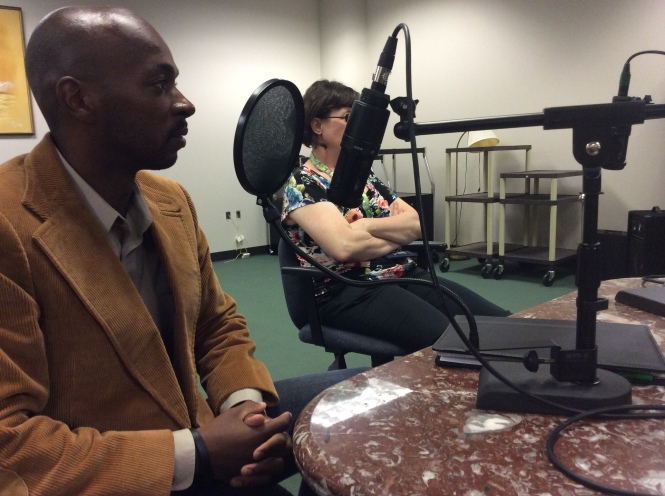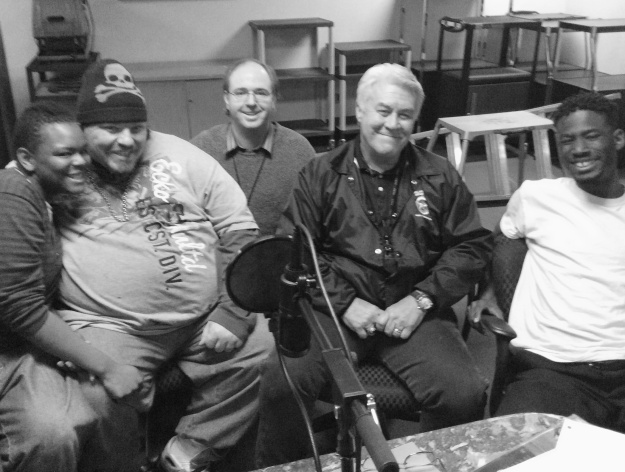– Andre Woodson, Street View Podcast fan and Back on My Feet success story sharing his success in using the Back on My Feet program and motivating himself to get up and run.“I’m not a great runner, but the fact is I went out and we’d get up at ungodly hours in the morning and …running in the rain as we did some days, you’re kinda looking at yourself going ‘why am I doing this?’…But I’m just going to put one foot in front of the other until I get back.”

In Episode 2 of the new season of Street View Podcast, the team is joined by Gina Parker, Executive Director of Back on My Feet Dallas, one of eleven chapters of the successful program model across the U.S. Back on My Feet uses running and physical exercise to improve the self-esteem and self-worth of homeless individuals as well as an avenue to developing relationships with homeless individuals to assist them with becoming self-sufficient. Andre Woodson joins the conversation. He and Rashad go back years from their days at the Bridge. Andre is also a fan of the Street View Podcast, and a Back on My Feet success story.








